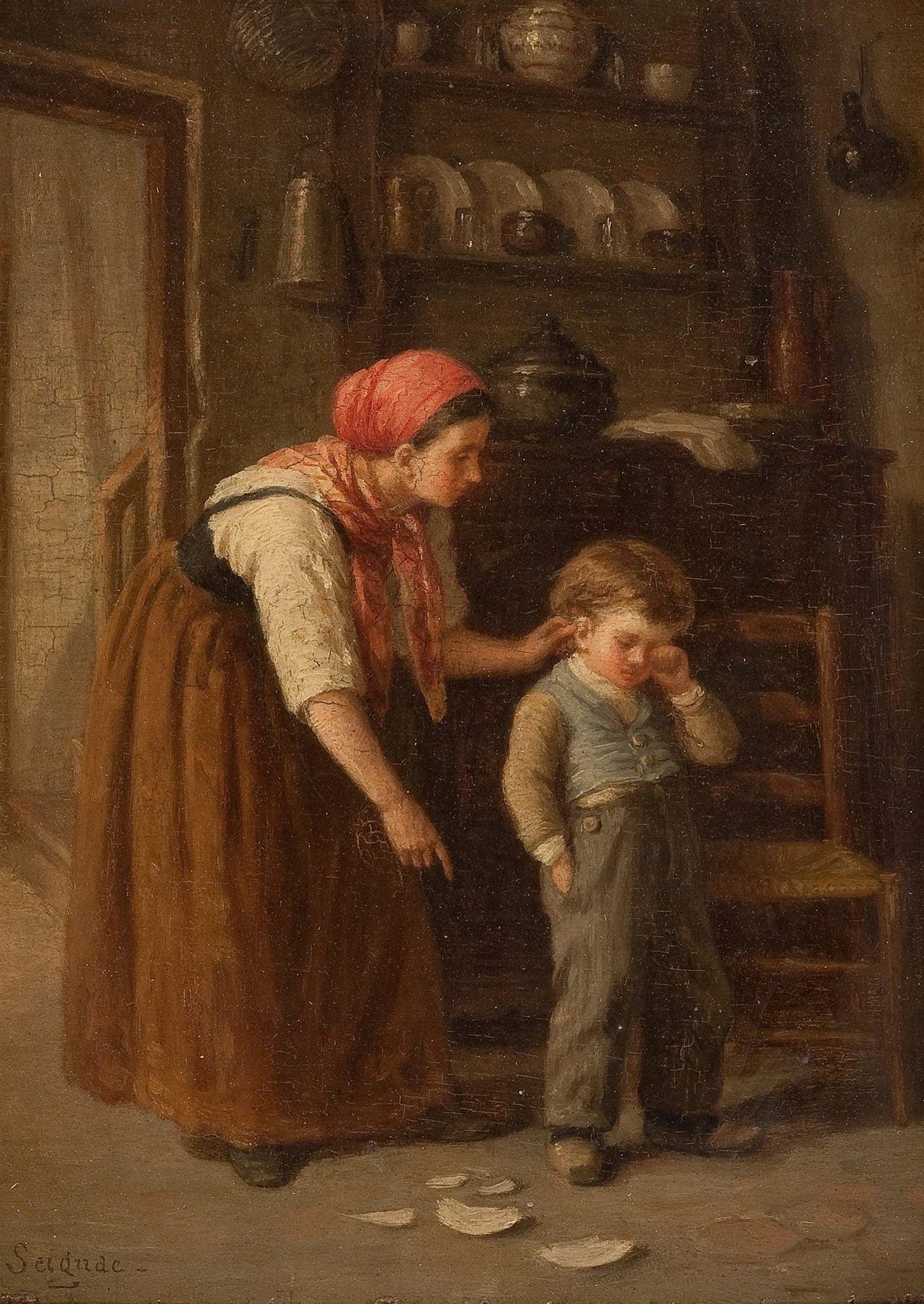
In 1868, in the Riverside Magazine for Young People, Elizabeth Prentiss (1818–1878) published a poem called “Mr. Nobody” — a light-verse tale of family members all denying responsibility for the mishaps that plague the household: every plate we break was cracked / By Mr. Nobody.
Unfortunately, the magazine left her name off the page with the poem (though “E. Prentiss” is listed in the magazine’s index). The next year, Prentiss would put the poem in one of her books, with a character reciting the comic verses in Little Lou’s Sayings and Doings, an 1869 collection of linked prose stories, but the damage was done.
“Mr. Nobody” would be republished here and there in subsequent decades, labeled as from “Unknown” or “Riverside Magazine.” The poem gained its first boost up into the national scene, however, when it appeared in The Golden Book of Poetry, a 1947 anthology edited by the influential children’s author, Jane Werner Watson. A…
Keep reading with a 7-day free trial
Subscribe to Poems Ancient and Modern to keep reading this post and get 7 days of free access to the full post archives.



